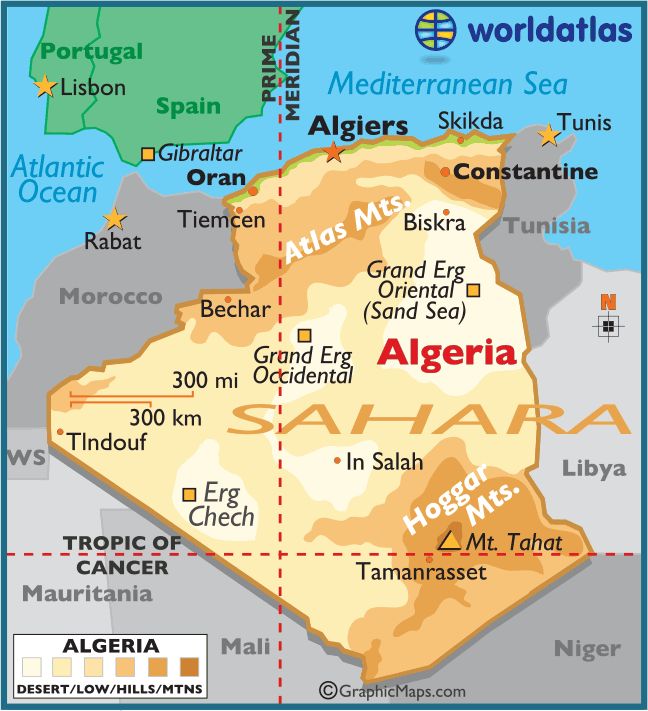Algeria’s Foreign Minister visits Washington

One of the less reported diplomatic moves over the last few weeks has taken place.
Ahmed Attaf the Foreign Minister of Algeria made a quick two day working trip to Washington last week. He met with Secretary of State Antony Blinken and other officials of the Biden Administration. One of the highlights was Secretary Blinken congratulating Algeria for its election to the UN Security Council beginning in January 2024.
The discussions during the visit covered some of the main regional security issues such as Libya and Mali. Algeria does have interests in resolving the security issues in both nations. It is hoped that a unified government in Libya will eliminate one of the major embarkation points of Migrants from Sub-Saharan Africa transiting across the Mediterranean en route to Europe.
In Mali Algeria hosted ceasefire talks between the Malian Government and some of the northern tribes that sought to break away and create their own state known as Azawad. Since the most recent coup conditions have gotten worse in the Northern part of Mali. The French withdrew their troops operating under Operation Bardkhane in 2022 and have been replaced by operators of the Russian PMC Wagner. The UN Peacekeeping Mission has been in the process of handing over bases to the Malian Government.
In the midst of the handovers the militants have resumed operations against both the Malian Army and Wagner. With this conflict on the border of Algeria it is only a matter of time before Algiers decides that it is their best interests to offer to mediate in the conflict as it did a decade ago.
The second crisis is one that has the attention of most of the news cycle and that is Niger. Algeria has interests at play as well. First is that the countries do share a common border. There have been reports that the Algerian sixth Military District has been on alert since the Coup in Niamey on July 26. The second interest of Algeria is economic in nature.
During the visit by Algerian President Tebboune to Beijing in July Algeria signed 14 deals with the People’s Republic of China. One of those deals according to reports was to finance a Natural Gas Pipeline from Nigeria to Algeria. The route that was chosen traverses through Niger. One question that comes to mind is how much of an impact will the coup have on this project? Is it paused or shelved? Another interesting question to ponder is whether the pipeline could be a catalyst to either spur on negotiations or a military intervention.
We do know what the position of Algeria is regarding to the coup. Like several other nations including Russia and the United States, Algeria has taken the position that a Constitutionally legitimate government has to be returned to power in Niger but has also taken the position that it is not in favor of a military intervention to restore a Democratic Government. ECOWAS has stated that it is prepared to launch such a intervention and if that is the case it may present Algeria with an opportunity to once again offer to be a mediator. It should not be a surprise to learn that there probably will not be a quick solution to the crisis.
There was also brief controversy as the visit wrapped up. The issue of Western Sahara came up as a topic of discussion. Both Secretary Blinken and Foreign Minister Ataf released statements that agreed in principle to support the efforts of UN Special Representative of the Secretary-General Staffan di Mistura as he negotiates with all concerned parties in the conflict.
The point of difference is that the Algerian Statement mentioned serious engagement without preconditions in the UN-led Political process. The US Statement reiterated full support for the Personal Envoy of the Secretary-General as he consults with all concerned to achieve a political solution for Western Sahara
Algiers realizes that it is now a geopolitically important country. Not at the level that Niger is currently however the actions made in Algiers will impact not only the Mahgreb, the Sahel and in some cases Europe.



